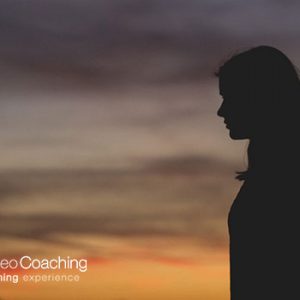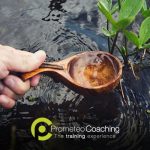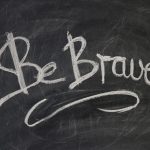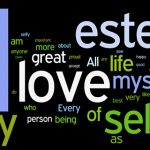We live in a hectic way and we don’t know how to meditate!

Lost in the whirl of life, we always find ourselves in a restless rush: bringing your sons to school, traffic, work, queues at the bank and at the post office, preparing lunch, cleaning the house and many other delirious activities. When do we find any time to concentrate on ourselves? Almost never is the answer.
However, everybody knows that real happiness needs “feeding” knowledge and self-confidence, as well as establishing a contact with the true self.
The more we go away from the awareness of ourselves, the more we get exposed to stress, allowing everyday pressures to crush us.
Luckily, there’s a method to find our road and our strengths: Meditation!
The verb “to meditate” is a little ambiguous to us occidentals. Most people immediately relate it to an odd practice. The problem gets worse when we approach it without the recommended preparation: everything is likely to degenerate into a ridiculous trendy quirk or in judging behaviors. I’m aware that the word meditation triggers a series of defenses. For most people, this term evokes mysticism, esoteric rituals, and New Age style approaches.
On the other hand, all the trends of wisdom have stressed the importance of loneliness and of “inner silence” to gain access to the experiences of contemplation, divine, absolute and self-realization.
It is important to understand that everyone can meditate.
The state of inner silence is not a privilege of prophets or of spiritual masters. I often compare meditation to gymnastic: you start with a little effort, but you quickly improve.
Different studies have demonstrated that meditation may improve life quality and it certainly can support
the creation of a wider psychophysical well-being state.
Our cultural system discourages us: it teaches us that spending some moments with ourselves, in maximum contemplation, away from noise and stress, has the negative meaning of “losing time”. I want to say this clear and loud: it is a great poppycock!
Our ancestors have been doing it for hundred years, even since Greek-Roman cultures. On the contrary, think about how useful a return to these ancient ways of interpreting existence would be. Avoiding everyday frenzy in order to try to go back to the fundamental things of the same existence, to one’s own objectives, to the writing of one’s project of life, to the exploration of one’s intuitions. Consider this difficult historical moment and how important could be dedicating a little more time to the highest themes of life: poverty, ecology, wars, well-being, self-care, life and death.
Isn’t this western way of meditating more suitable for our cultural roots?
Thinking with a little quietness would let us make the best use of an essential resource such as time that flows, and it would let us go back to our priorities, to the things we enjoy, to our urges and our passions.
Quietness, silence, listening: they are the only means that can help us establish a true emotional contact with ourselves.
Meditation is an appointment with oneself and with one’s unconscious, a great occasion to organize inside, a chance to return into a state of peaceful tranquillity.
An exercise to learn how to Meditate.
After dedicating the right amount of time to your commitments (family, work, sport, etc.), get a quiet corner where you can go off. Look for a “free zone” and teach everyone who lives with you to respect it… it takes just a little time, about 10/15 minutes.
In order to understand what you will have to do in this space/time, start thinking about becoming aware of everything you can listen to at a perceptive level: try to become aware of everything you smell, taste, hear, see and feel through your muscles. Remember the objective: stopping and putting your mind to rest. Try to lie down, to relax and, most of all, to breathe deeply. Find out if you have stiff areas, observe your respiration, relax your shoulders and, again… take care of your respiration. Meditation is the opposite of concentration: meditation is relaxation; concentration is tension. Open your mind as if it was a stream, free yourself from all of the obstacles that don’t let you flow fluently. Trust yourself, do not repress, avoid escaping from getting in the game, learn to trust yourself even if you’ll quickly get in front of those things you are mostly afraid of: chaos, disorganization, fear, incoherence. Train not to judge yourself and the others through the work on yourself.
In conclusion, remember that meditation is a “gymnastic of openness”, a smile toward oneself, a moment of pleasure in order to build your happiness.


 Share On Facebook
Share On Facebook Tweet It
Tweet It



























